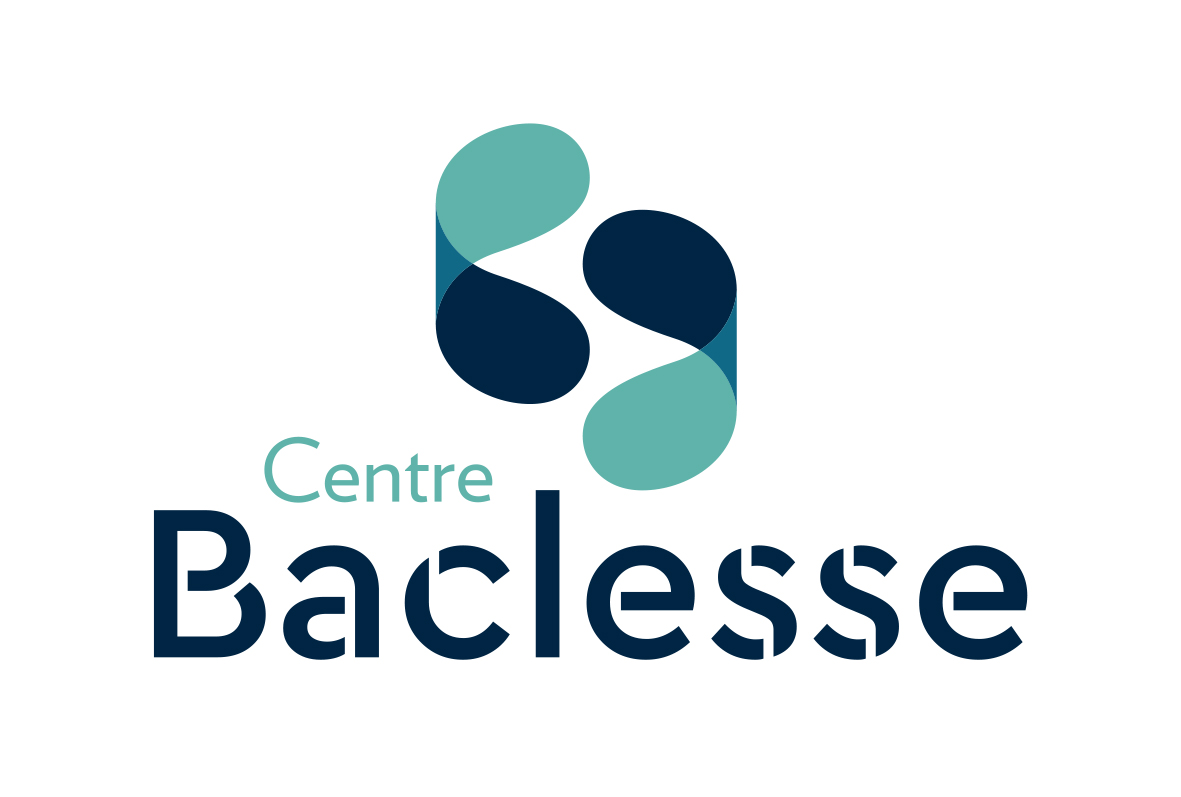Everolimus Added to Adjuvant Endocrine Therapy in Patients With High-Risk Hormone Receptor–Positive, Human Epidermal Growth Factor Receptor 2–Negative Primary Breast Cancer
Résumé
PURPOSE Everolimus, an oral inhibitor of the mammalian target of rapamycin, improves progression-free survival in combination with endocrine therapy (ET) in postmenopausal women with aromatase inhibitor–resistant metastatic breast cancer. However, the benefit of adding everolimus to ET in the adjuvant setting in early breast cancer is unknown. PATIENTS AND METHODS In this randomized double-blind phase III study, women with high-risk, hormone receptor–positive, human epidermal growth factor receptor 2–negative primary breast cancer were randomly assigned to everolimus or placebo for 2 years combined with standard ET. Stratification factors included ET agent, receipt of neoadjuvant versus adjuvant chemotherapy, progesterone receptor status, duration of ET before random assignment, and lymph node involvement. The primary end point was disease-free survival (DFS). The trial is registered with ClinicalTrials.gov (identifier: NCT01805271 ). RESULTS Between June 2013 and March 2020, 1,278 patients were randomly allocated to receive everolimus or placebo. At the first interim analysis, the trial was stopped for futility and a full analysis undertaken once data snapshot complete. One hundred forty-seven patients have had a DFS event reported and at 3 years, DFS did not differ between patients who received ET plus everolimus (88% [95% CI, 85 to 91]) or ET plus placebo (89% [95% CI, 86 to 91; hazard ratio, 0.95; 95% CI, 0.69 to 1.32; P = .77]). Grade ≥ 3 adverse events were reported in 22.9% of patients (29.9% with everolimus v 15.9% with placebo, P < .001). 53.4% everolimus-treated patients permanently discontinued experimental treatment early compared with placebo-treated 22.3%. CONCLUSION Among high-risk patients, everolimus added to adjuvant ET did not improve DFS. Tolerability was a concern, with more than half of patients stopping everolimus before study completion. Everolimus cannot be recommended in the adjuvant setting.
